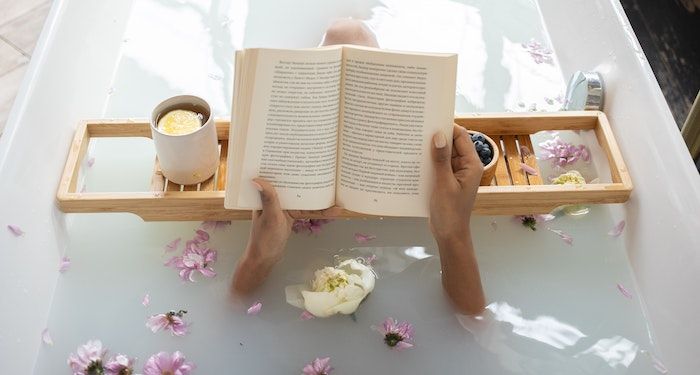
24 Life-Changing Healing Books
The world is tough. Living in the modern world involves grappling with pressures from all sides, and if you are a marginalised person, you have added structural barriers and pressures to deal with. We’re all harmed by capitalism, bigotry, and other social factors, as well as having to live with medical issues, mental health problems, or general low mood. It’s easy to feel hopeless sometimes — but fortunately, many other people have felt the same way, and lots of those people have written books. Self-healing and self-care is an ongoing and highly personal process, but there are a huge number of healing books that can guide you along your path to feeling better.
If you’re looking for help with a specific health problem, then there are clinical guides that can support professional therapy and medical help. Want to work on building motivation and positive feelings in your day-to-day life? There are books which give you a toolkit to achieve this. If you’re feeling alone, reading memoirs of others who have been through similar tough times can help. And fiction is always a good way to explore how other humans have processed the difficult times in life.
While this rundown of healing books can’t fix the problems of the current world, they can help you feel a little better, and perhaps contribute to your own healing.
Self-Help and Self-Care Healing Books
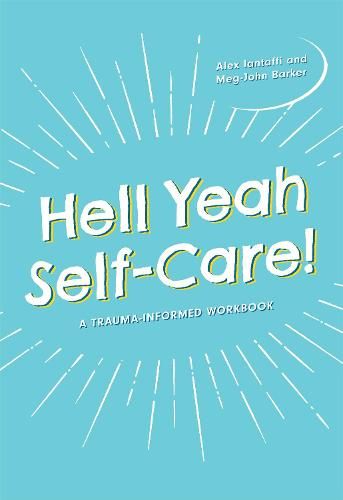
Hell Yeah Self-Care! A Trauma-Informed Workbook by Alex Iantaffi and Meg-John Barker
Journalling can be a great way to work through things that are bothering you and find ways to build the life you want, but sometimes the concept can be a bit daunting. In this workbook, there are writing prompts and many other activities that will help you work on mindfulness and build self-care into every aspect of your life.
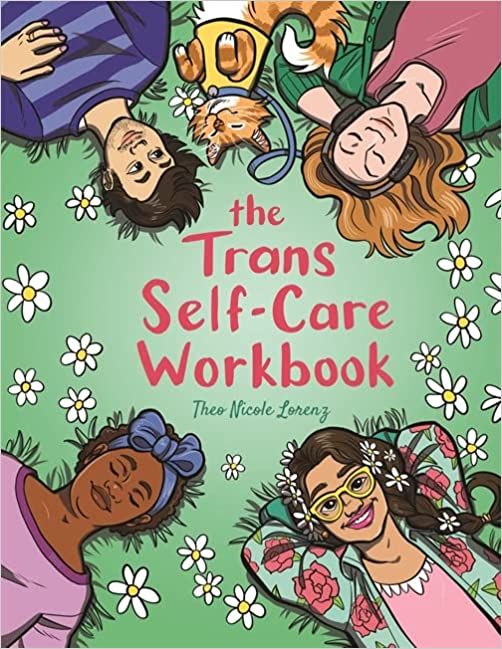
The Trans Self-Care Workbook: A Coloring Book and Journal for Trans and Non-Binary People by Theo Nicole Lorenz
It’s currently a scary time for trans people all across the world, and while self-care can’t effect serious systemic change, it can provide some small relief from the onslaught of everyday life. Lorenz’s book celebrates trans joy, teaches body neutrality and positivity, looks at building and maintaining relationships, and has plenty of awesome colouring pages and journaling prompts.
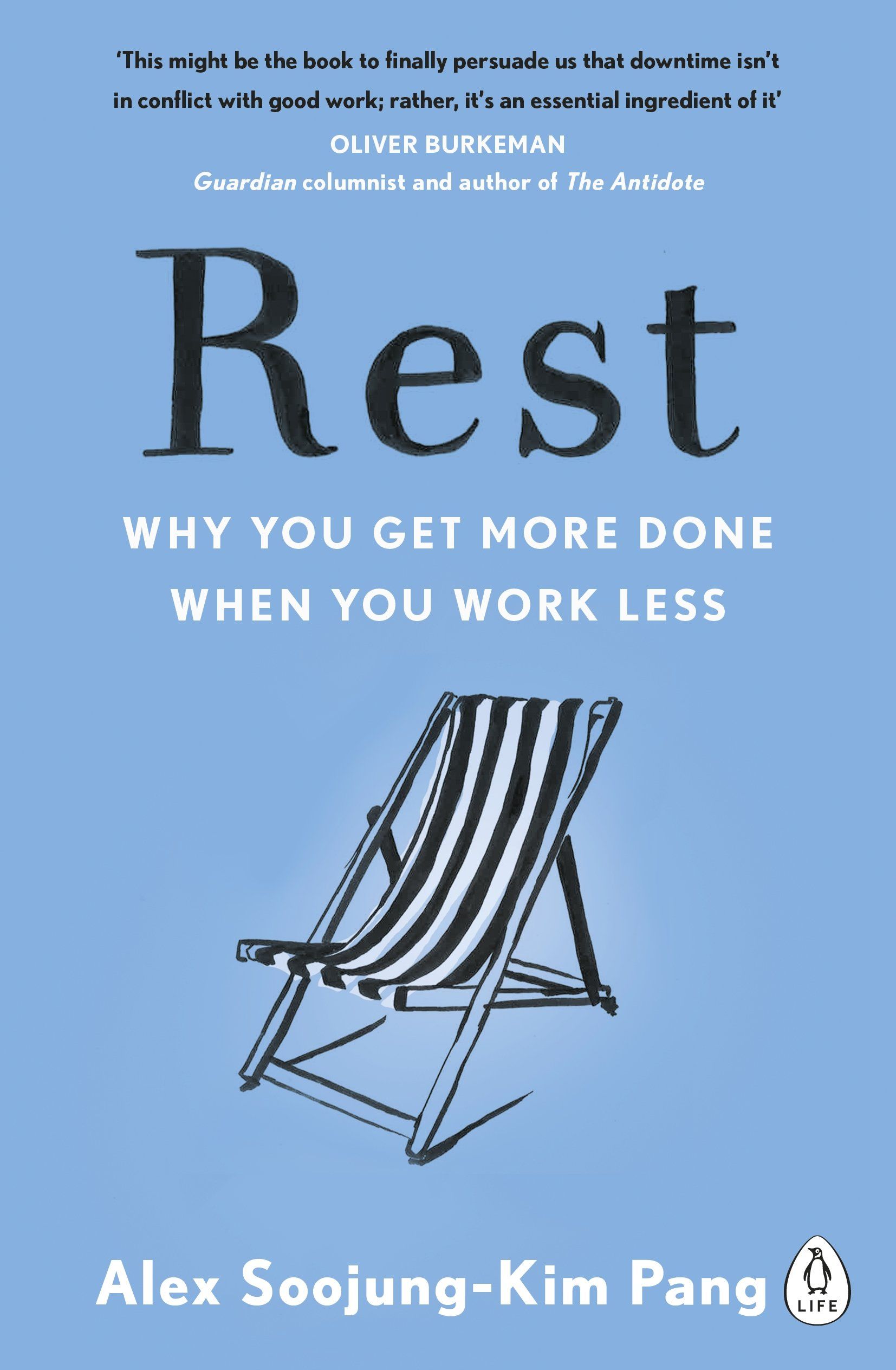
Rest: Why You Get More Done When You Work Less by Alex Soojung-Kim Pang
In a world where we’re primed to see rest as a luxury or indulgence, focusing on taking time out for ourselves is a crucial part of healing from overwork, stress, and the other impacts of capitalist society on our mental and physical health. In this book, Pang argues for frequent rest as a necessity for human health and fulfillment, using examples from history as well as plenty of scientific backing.
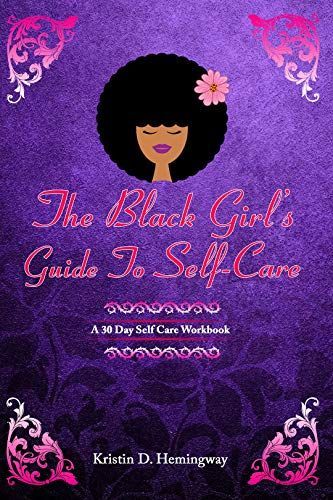
The Black Girl’s Guide To Self-Care: A 30-Day Self-Care Workbook by Kristin D. Hemingway
Systemic racism and societal pressures have taken an immense toll on the physical and mental health of Black women and girls, and while self-care cannot solve these society-wide problems, it is still a radical and important act. This workbook teaches Black women and girls to centre themselves and focus on their joy, instead of constantly putting others’ wants first; with plenty of practical exercises to create a personalised self-care plan, this book is an important part of your toolkit towards self-healing.
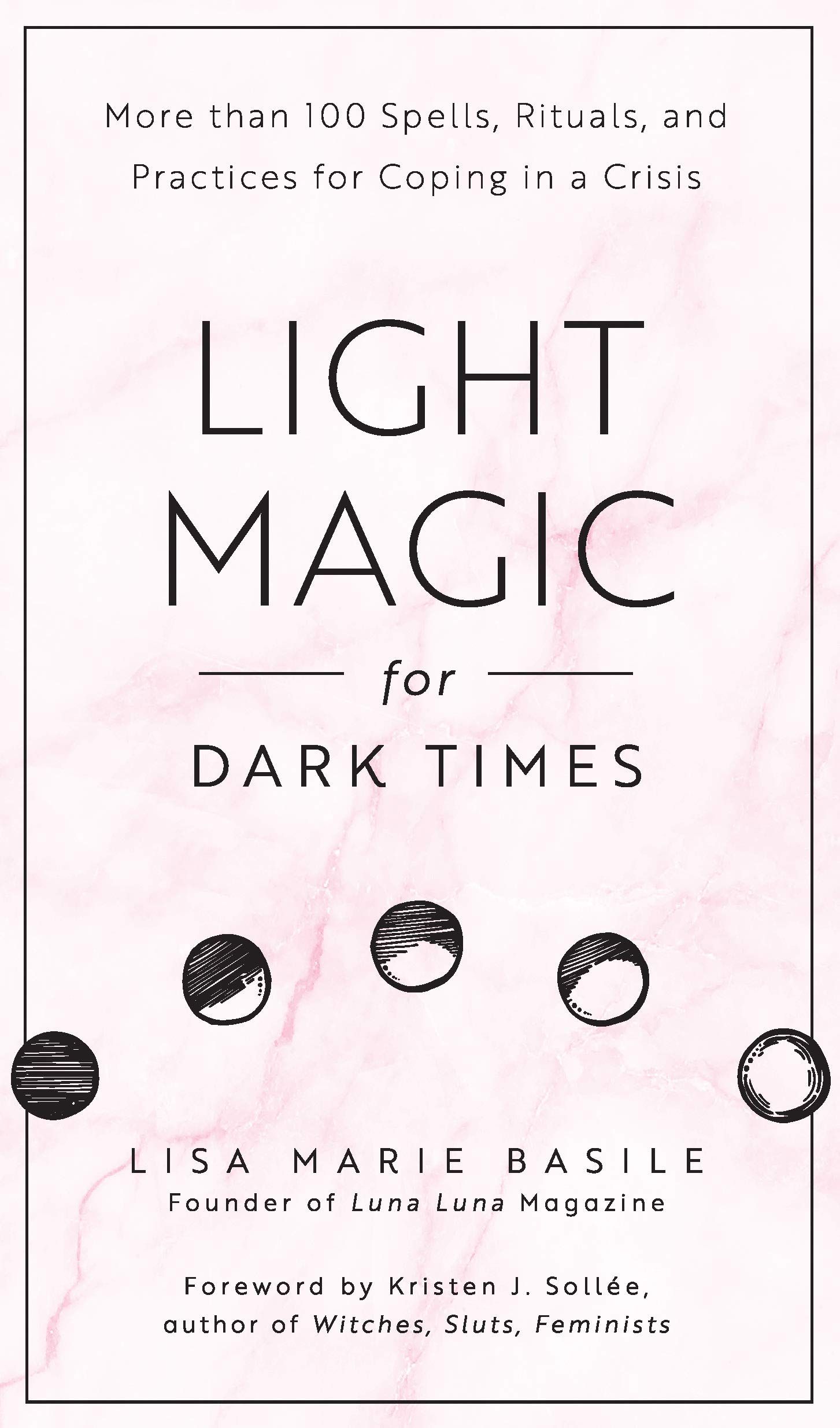
Light Magic for Dark Times: More than 100 Spells, Rituals, and Practices for Coping in a Crisis by Lisa Marie Basile
I’ve written before about my journey back into witchcraft as a way of feeling some kind of control while the world burns. One of the best books I found during this journey is Light Magic for Dark Times, a practical guide for witches who want to engage in self-healing, world-healing and political magic. With spells for everything healing-related, including one to recharge after activism, this book is empowering in every sense of the word.
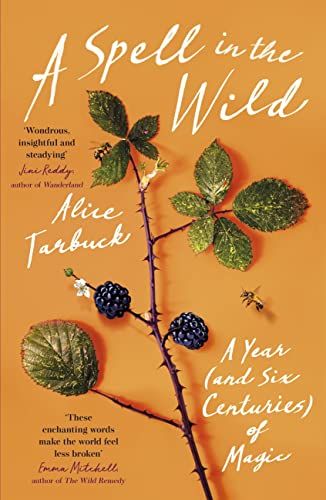
A Spell in the Wild: A Year (and Six Centuries) of Magic by Alice Tarbuck
Another fantastic book for people who want to explore magical empowerment for the first time, or go deeper into their magical practice, A Spell in the Wild details writer and witch Alice Tarbuck’s year gaining a deeper connection to her own magic. Tarbuck talks about the healing aspect of getting back in touch with nature, as well as exploring why witchcraft has had a recent resurgence amongst people feeling the pressures of modern life.
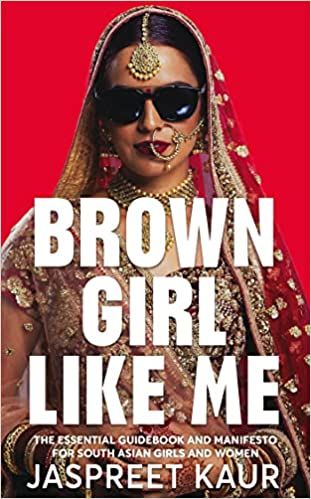
Brown Girl Like Me: The Essential Guidebook and Manifesto for South Asian Girls and Women by Jaspreet Kaur
In this healing manifesto aimed at South Asian women and girls, Jaspreet Kaur looks at tackling social and life problems piece by piece, avoiding overwhelm and burnout. Brown Girl Like Me combines interviews with inspirational women and pragmatic advice, looking at feminism, microaggressions, and body confidence, amongst many other topics.
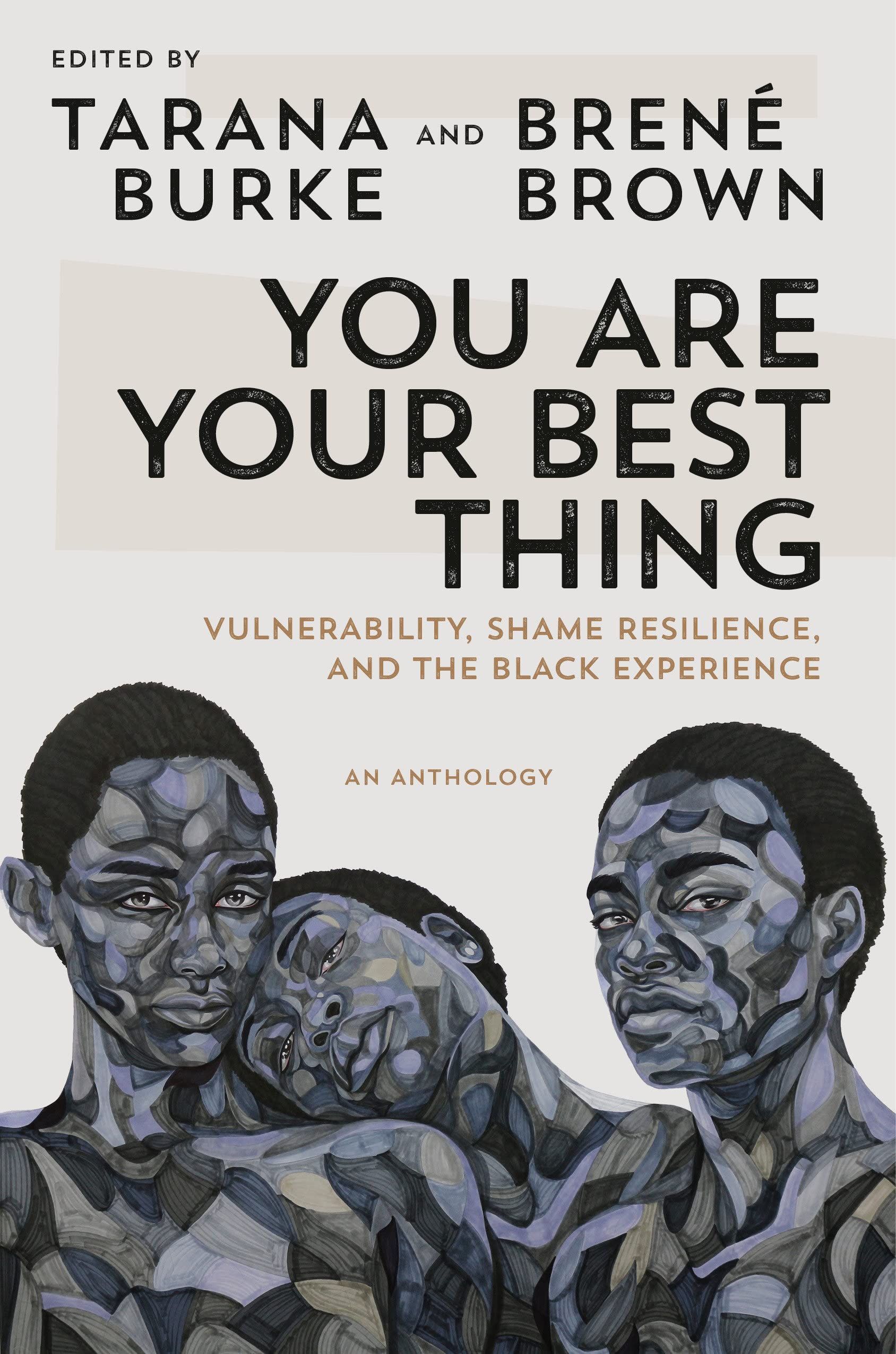
You Are Your Best Thing: Vulnerability, Shame Resilience, and the Black Experience: An anthology, edited by Tarana Burke and Brené Brown
#MeToo founder and campaigner Tarana Burke and academic/podcaster Brené Brown join forces in this empowering, healing book. Exploring Black vulnerability and resilience in a society where Black people are targets of systemic and institutional violence, the book collects essays from several well-known Black contributors, including Laverne Cox, Imani Perry and Austin Channing Brown.
Memoirs About Healing
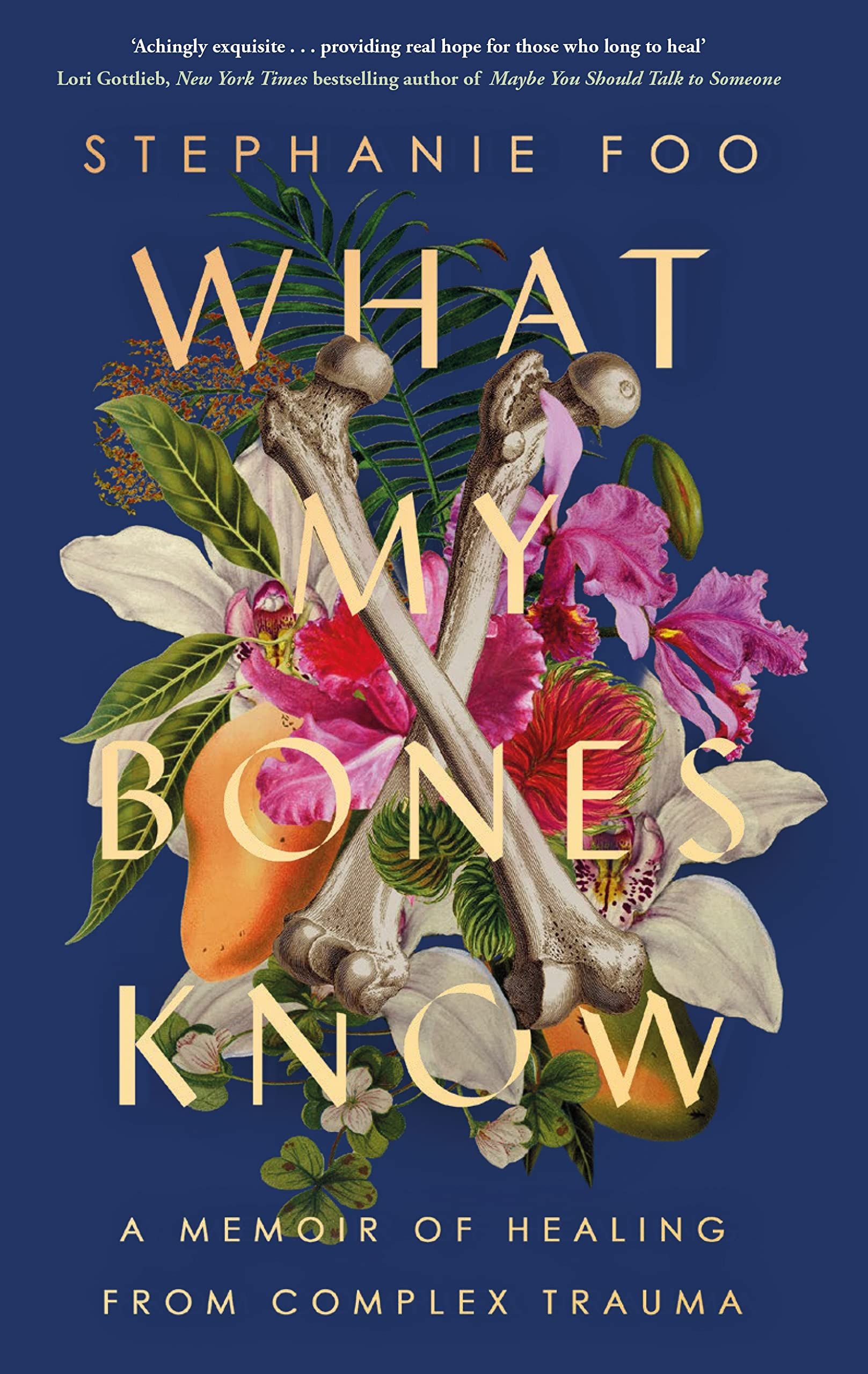
What My Bones Know: A Memoir of Healing from Complex Trauma by Stephanie Foo
Foo’s memoir is a heavy but ultimately healing book, recounting her diagnosis with complex PTSD following an abusive childhood. Following neglect and parental abandonment, Foo lived an outwardly successful life, but was dealing with the impact of her parents’ abuse; What My Bones Know deals with her journey to heal from her past. The memoir looks at different kinds of therapy, as well as the subject of generational trauma, and while it’s a hard read, it’s ultimately hopeful.
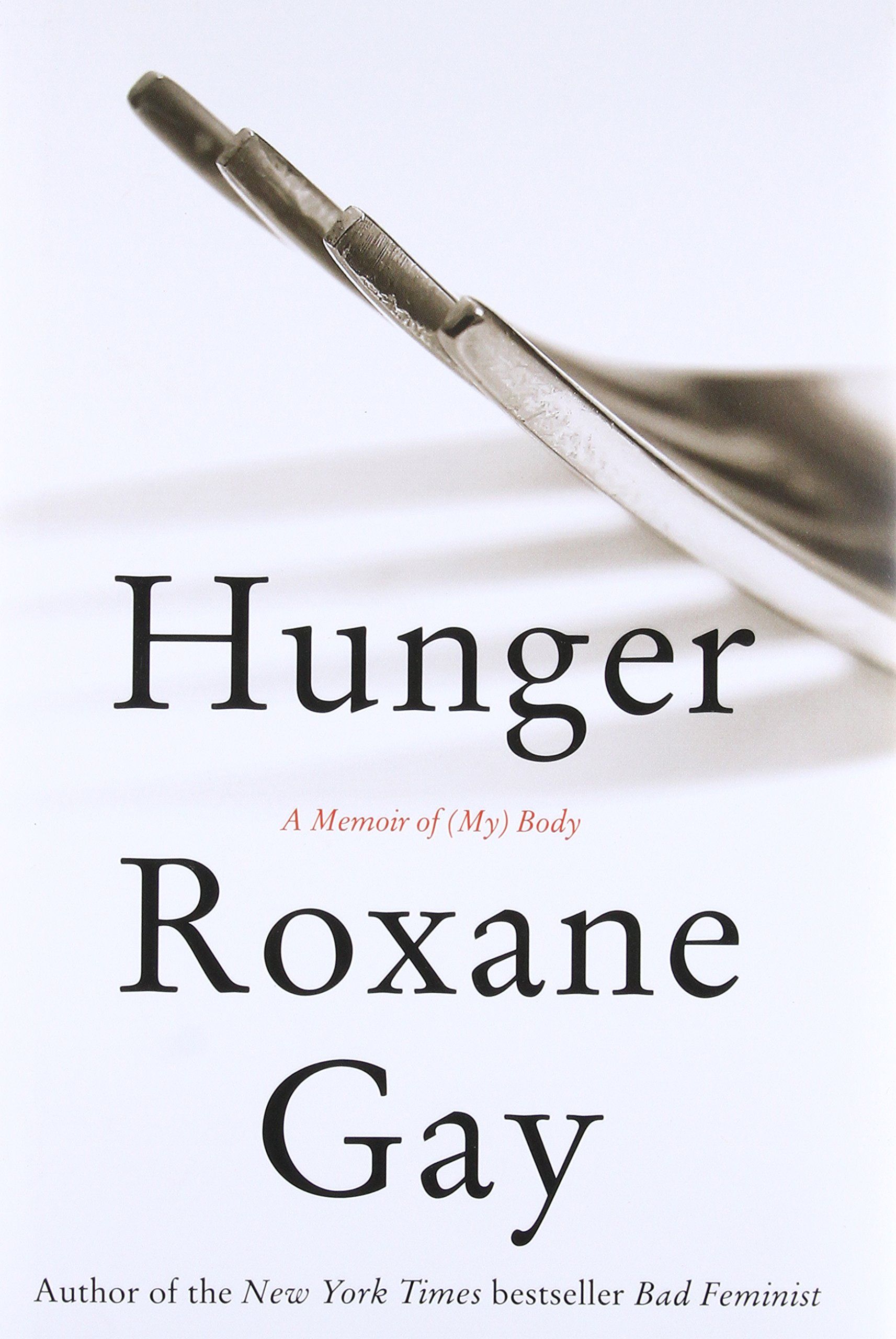
Hunger: A Memoir of (My) Body by Roxane Gay
Renowned feminist writer Roxane Gay has written many spectacular essay collections, but Hunger is a stand-out book about trauma, healing and recovery. After experiencing an act of horrific sexual violence as a teenager, Gay struggled with her physical and mental health for years. Hunger looks at trauma, fatphobia in society, and how to reclaim your right to take up space.
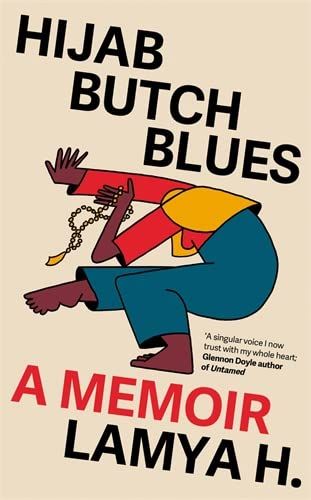
Hijab Butch Blues: A Memoir by Lamya H.
In this memoir, Lamya H. writes about the tensions she experienced growing up, both as a queer Muslim and as a South Asian woman in a Middle Eastern country. As a teenager, Lamya attempted to hide her sexuality, but after moving to the United States, she was able to come out. Hijab Butch Blues follows Lamya as she draws on her faith to build her sense of identity and understand her sexuality.
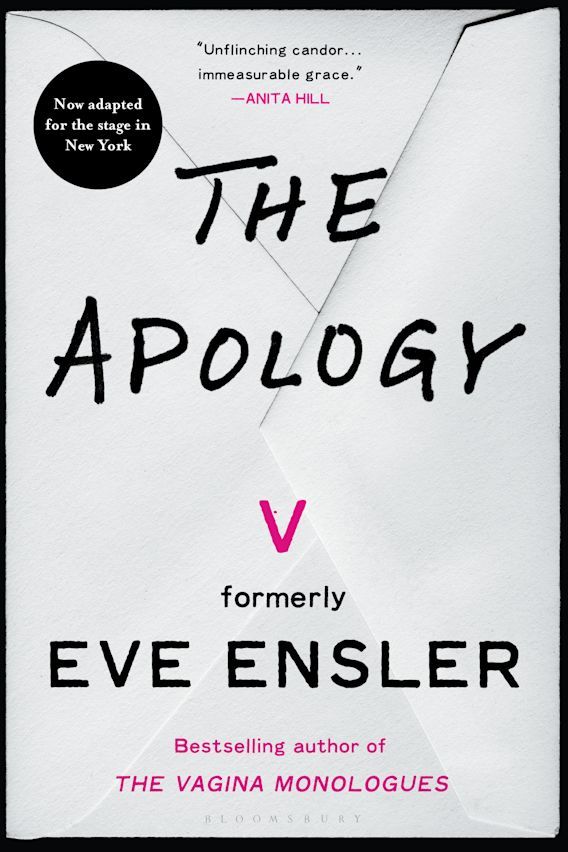
The Apology by V
Written by the author of The Vagina Monologues, The Apology is a tough read, but an ultimately uplifting and healing one. As a child, V was first sexually and then physically abused by her father, violations which, understandably, had a massive impact on her life, causing her to become angry and engage in many self-destructive behaviours as a teen and young adult. After becoming a successful writer and feminist activist, V realised that, although her father was long-dead, she could write the apology that she had always hoped he would give her, and find healing and closure through her own words.
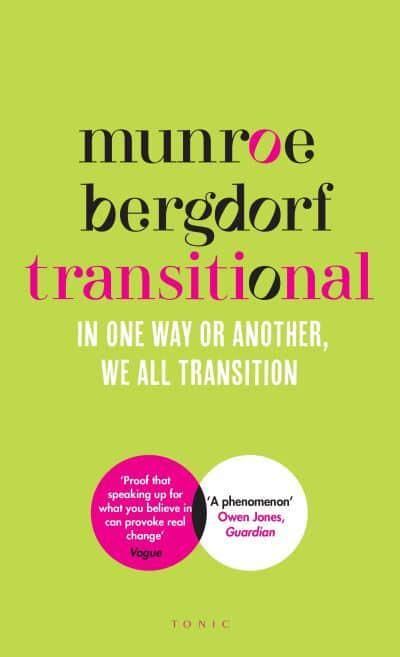
Transitional by Munroe Bergdorf
Part memoir, part essay collection, Transitional is Munroe Bergdorf’s exploration of how we all transition in different ways throughout our lives. Bergdorf reflects on her life growing up as a young Black trans woman in the UK, coming out at university and the beginning of her modelling career, but also looks more broadly at sex, race, gender and politics. Transitional is a thought-provoking read, with the uplifting message that it is always possible to live authentically.
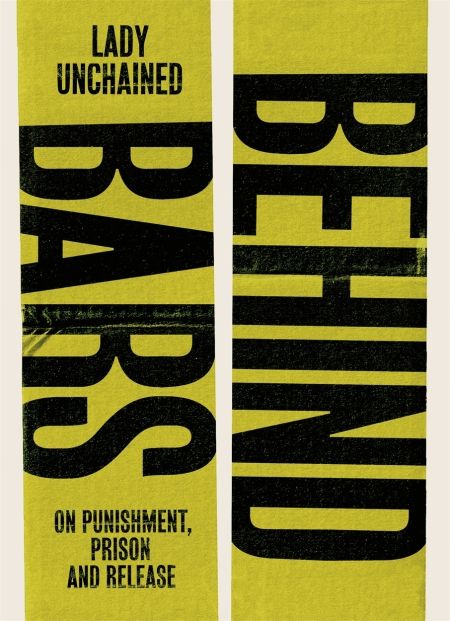
Behind Bars by Lady Unchained
After trying to defend her sister from being attacked in a bar, Lady Unchained was sent to prison. During the 11 months of her sentence, she began writing poetry as a way to process the trauma and isolation of her time inside. Behind Bars explores the racism and violence of the prison system, but also the resilience of incarcerated people.
Medical and Mental Healing Books
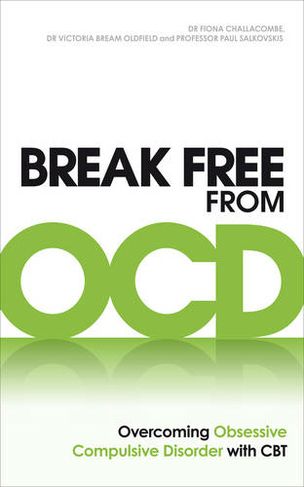
Break Free from OCD: Overcoming Obsessive Compulsive Disorder with CBT by Dr. Fiona Challacombe, Dr. Victoria Bream Oldfield and Paul M Salkovskis
As someone living with OCD, I know how consuming intrusive thoughts and compulsive rituals can be. Healing from OCD is a struggle, but it’s possible, and Break Free From OCD is recommended by a huge number of OCD charities and specialists as one of the best books to support recovery. The techniques in the book will be helpful for everyone dealing with OCD patterns, or other kinds of obsessive thoughts and anxieties.
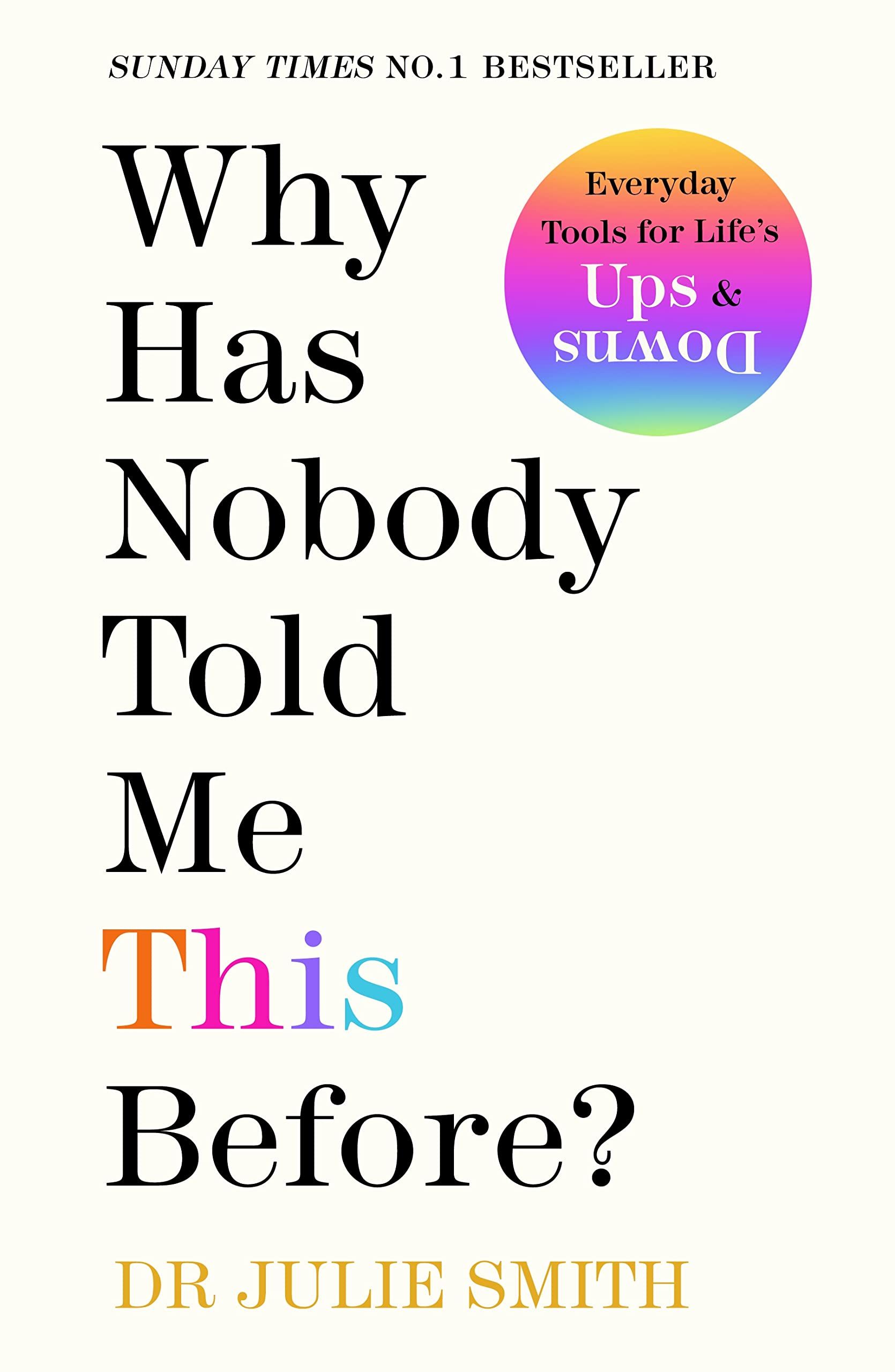
Why Has Nobody Told Me This Before? by Dr. Julie Smith
Clinical psychologist Julie Smith has plenty of experience helping people with mental illness, or people who are struggling with low mood and difficult thoughts. Why Has Nobody Told Me This Before? gives the reader useful tools on dealing with anxiety, managing guilt, and learning how to become more confident. Designed for readers to dip into based on what they’re currently concerned about, this book is a helpful healing guide for everyone.
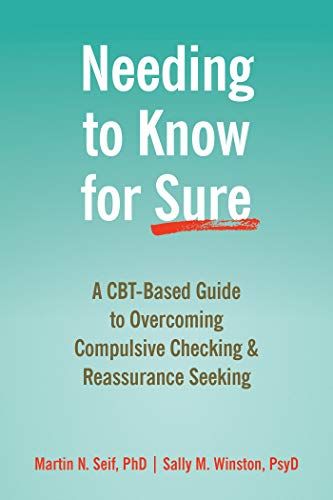
Needing to Know for Sure: A CBT-Based Guide to Overcoming Compulsive Checking and Reassurance Seeking by Martin N. Seif, PhD and Sally M. Winston, PsyD
Uncertainty is one of the most difficult things to deal with (in my experience, at least) — and sadly, almost nothing in life is certain. If you, like me, have issues with repeated checking and a desperation to finally find absolute certainty that, deep down, you know you’ll never be able to achieve, this book will help. With CBT-based practices built from clinical experience, Needing to Know for Sure will help you break the cycle of checking.
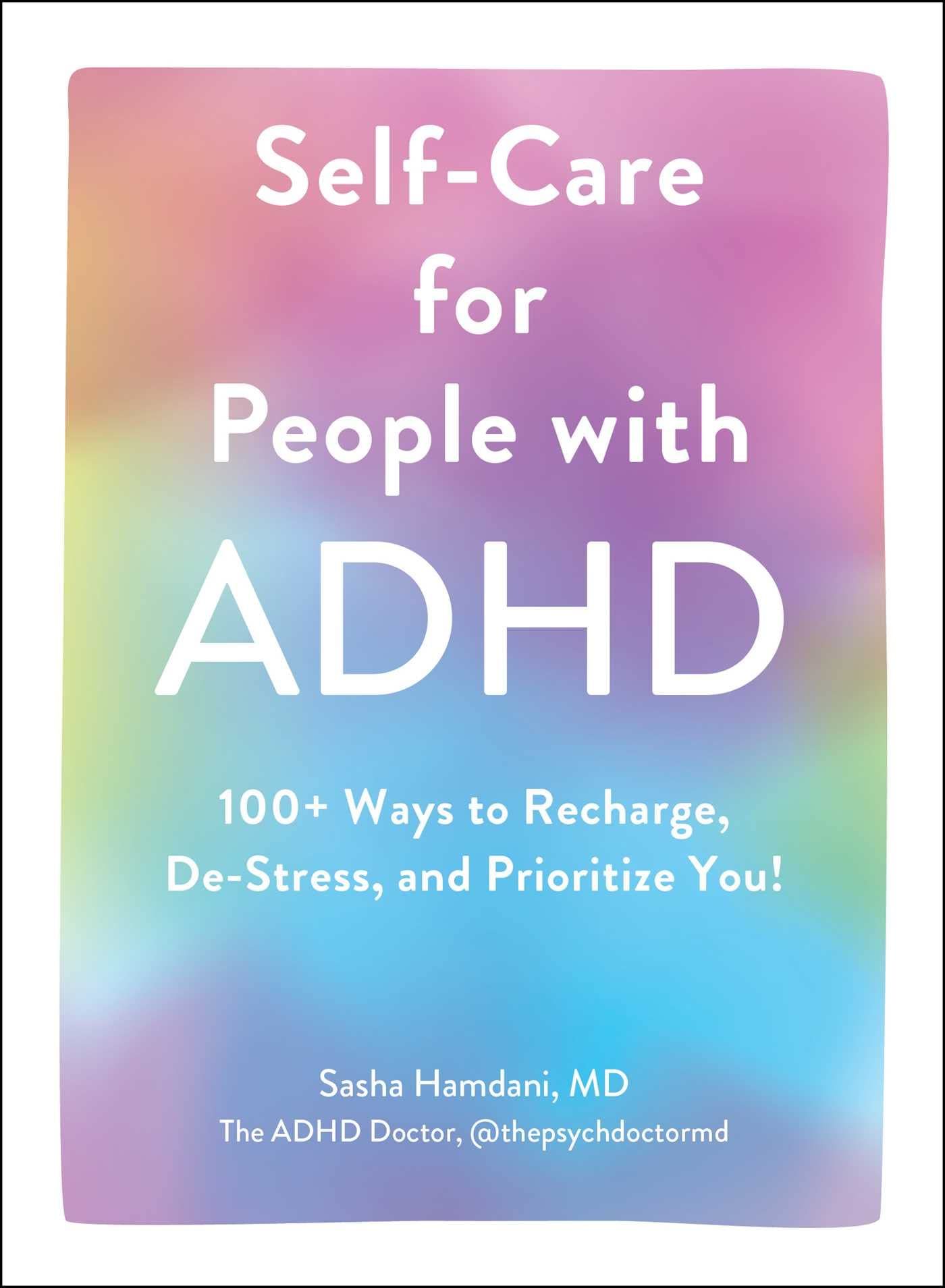
Self-Care for People with ADHD: 100+ Ways to Recharge, De-Stress, and Prioritize You! by Sasha Hamdani, MD
Neurodivergence isn’t a mental illness, but living as a neurodivergent person in a neurotypical world can make it much more likely that you deal with anxiety, depression, and other consequences of stress. In Self-Care for People with ADHD, Sasha Hamdani, MD describes ways to negotiate life without hiding your neurodivergence, radical self-acceptance, and how to find people who support you.
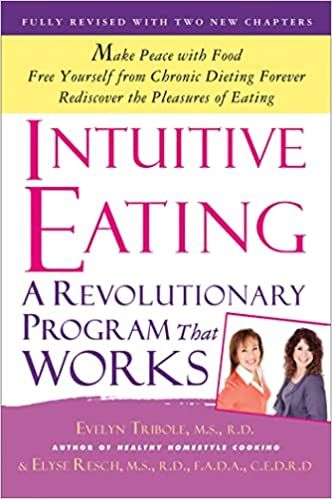
Intuitive Eating: A Revolutionary Program That Works by Evelyn Tribole, M.S., R.D. and Elyse Resch, M.S., R.D., F.A.D.A.
Diet culture is toxic, and restrictive eating is hugely damaging, but such a central part of modern society. Intuitive Eating is a fantastic healing resource for anyone who wants to reset their relationship with food, building a healthy, stress-free attitude to eating rather than keeping a damaging focus on restriction and calorie-counting. The book is useful for everyone who has struggled with food and eating, whether they’ve experienced eating disorders or are simply unhappy with their relationship with food.
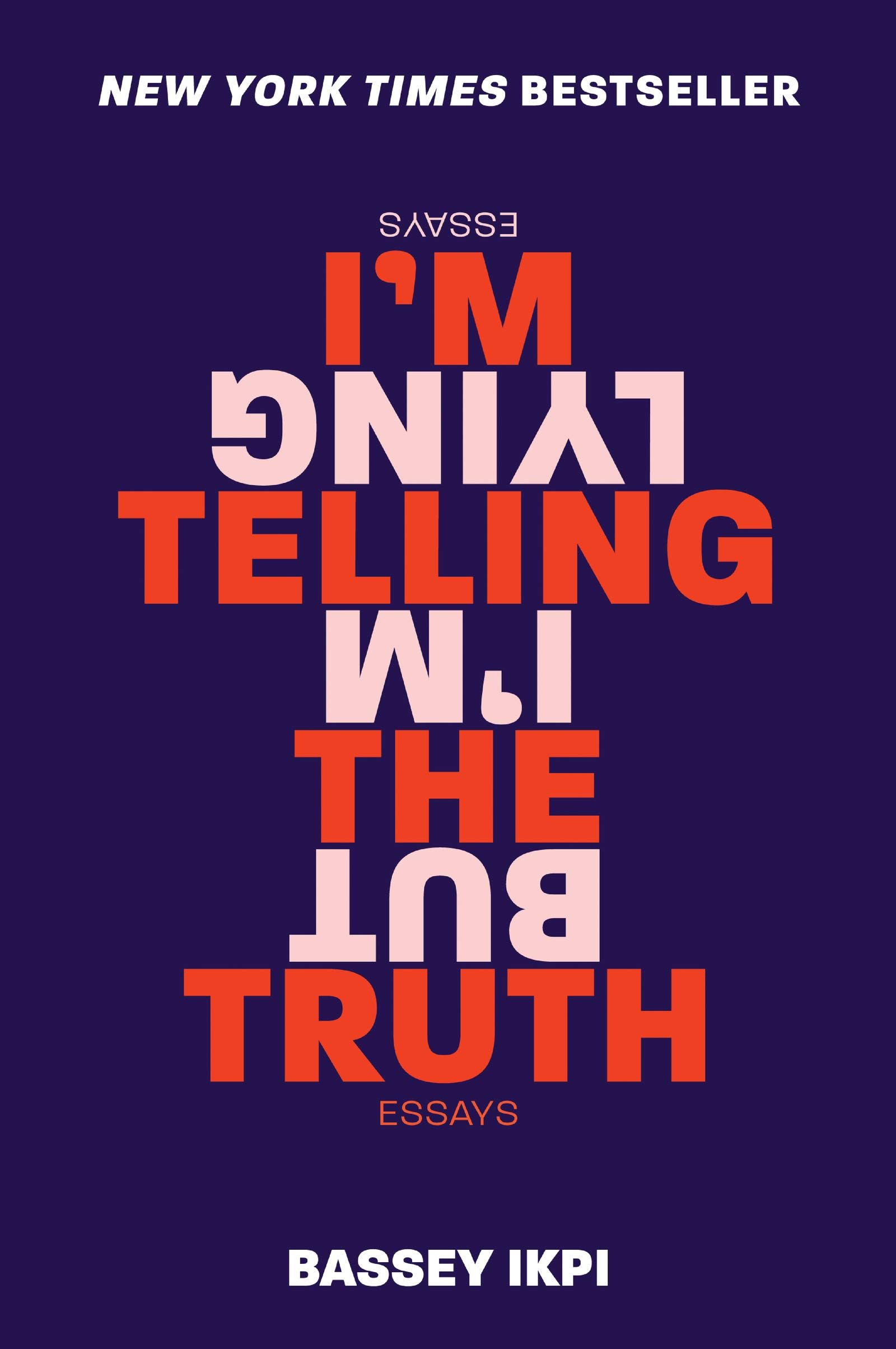
I’m Telling the Truth, But I’m Lying: Essays by Bassey Ikpi
This essay-based memoir collection follows Bassey Ikpi’s journey after being diagnosed with bipolar II, her struggle with anxiety, and her creative work as a slam poet. Ikpi describes the challenges of negotiating the world while living with mental illness, her hospitalisation and recovery, and how she challenges preconceptions of “being normal”.
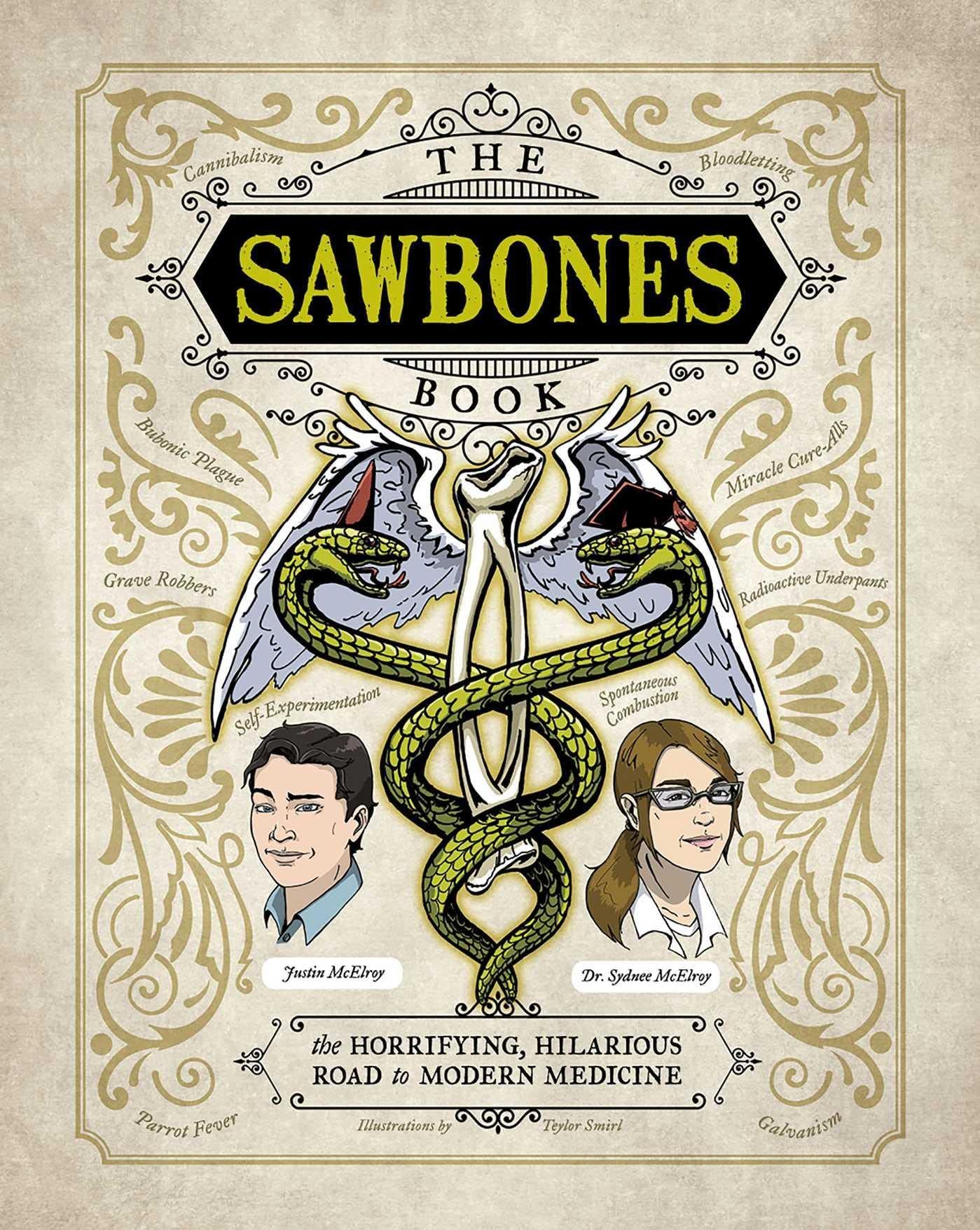
The Sawbones Book: The Hilarious, Horrifying Road to Modern Medicine by Justin McElroy and Sydnee McElroy
A more lighthearted offering (despite the often-gruesome subject matter), The Sawbones Book is a fun romp through medical history by the hosts of the popular Sawbones podcast. Looking at historical methods of healing, the book is frank and funny, and reminds us that, whatever the flaws with the modern medical system, at least we don’t have to deal with quite so much bloodletting or mercury.
Healing Fictional Books
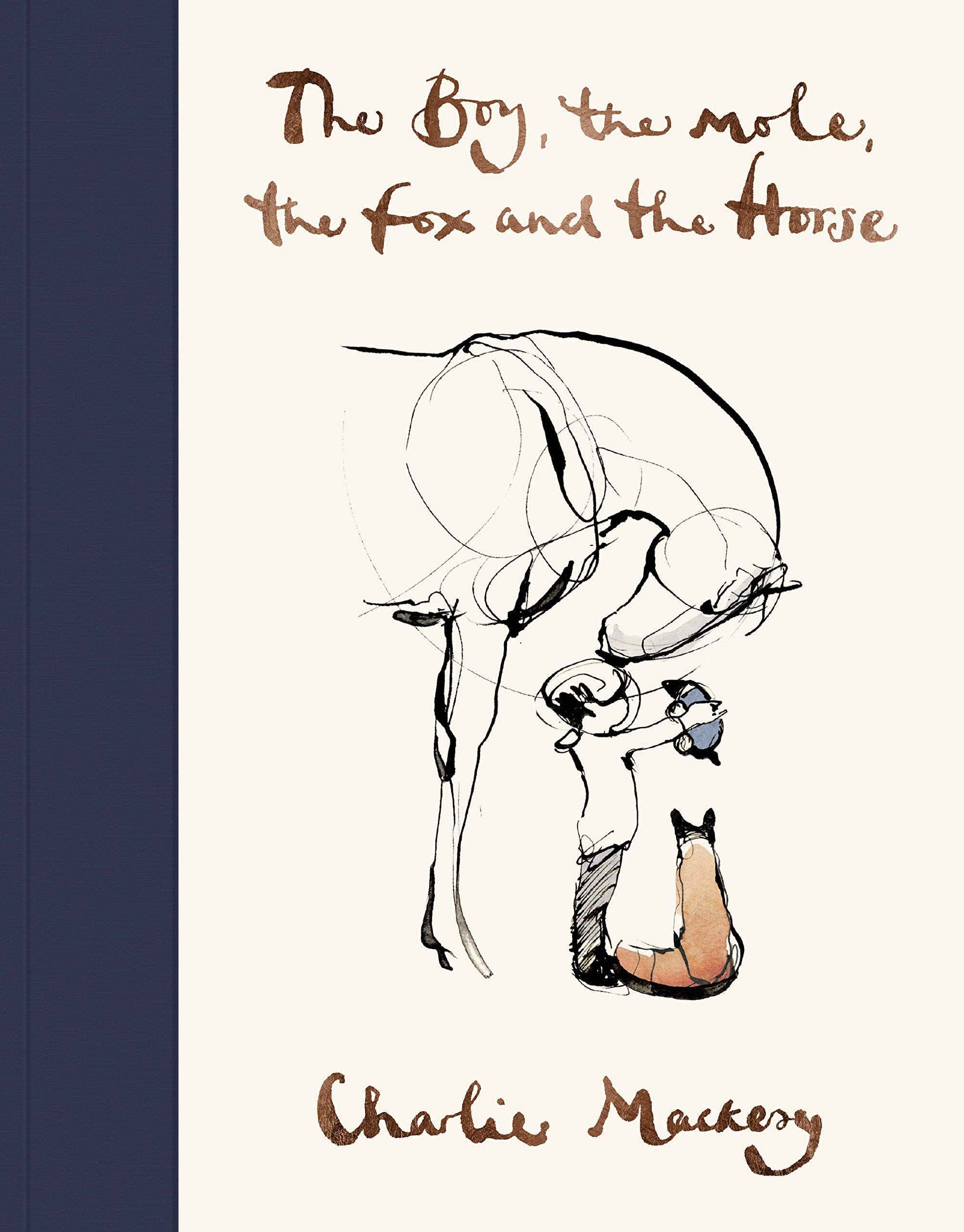
The Boy, The Mole, The Fox and The Horse by Charlie Mackesy
Mackesy’s drawings, posted on his Instagram account, went viral during lockdown, and the short animated film based on the book was a smash hit over Christmas 2022, watched by thousands and ultimately winning an Oscar. The book is a beautifully-illustrated story featuring four unlikely friends, who are hurt and heal together, learning lessons that we can all relate to.
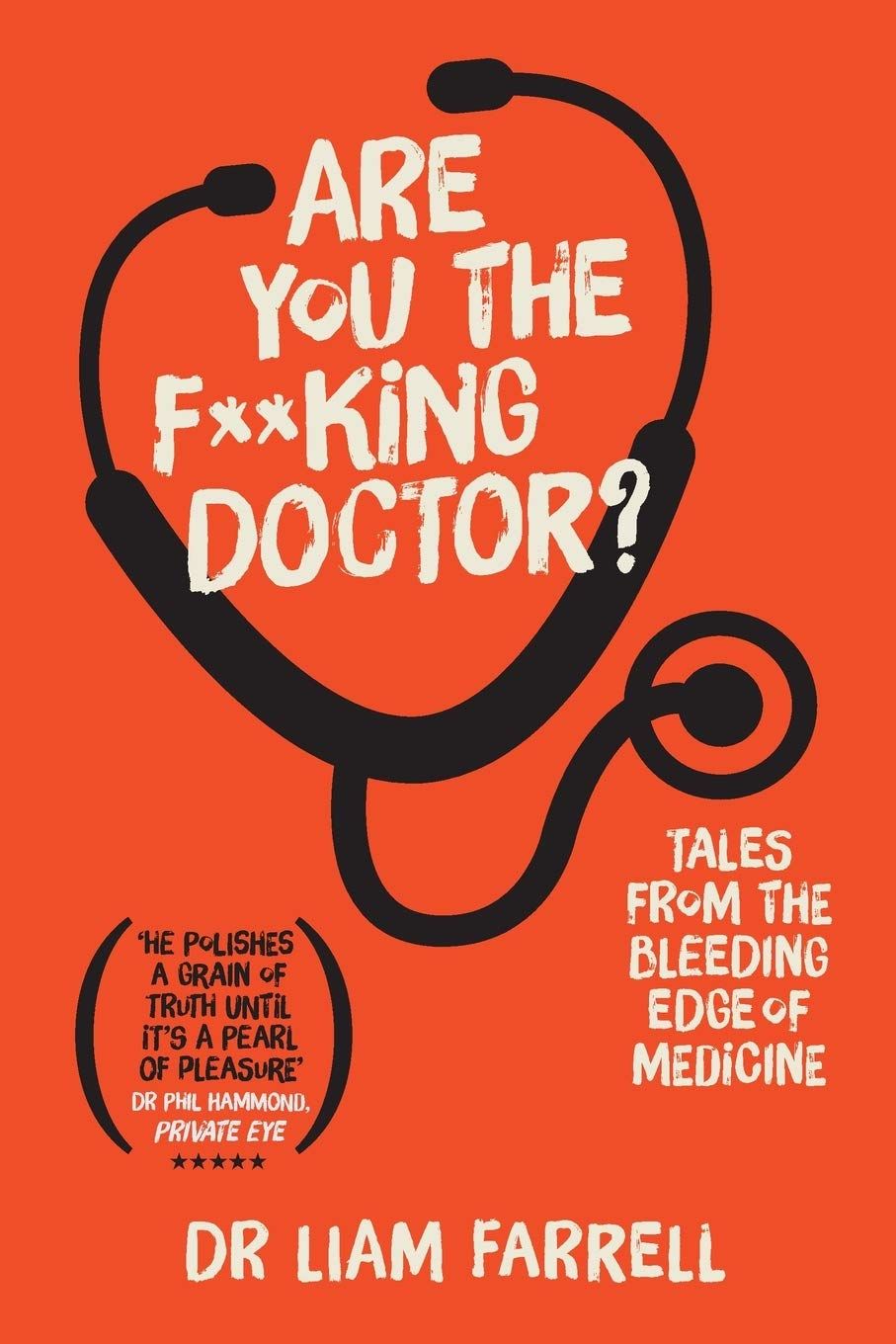
Are You the F**king Doctor?: Tales from the bleeding edge of medicine by Dr. Liam Farrell
Although this book is based on Liam Farrell’s real-life experience as a doctor, it falls more into the category of fiction — telling real stories would breach patient confidentiality, so instead, Farrell uses them as inspiration for fictionalised tales from the front lines of medical practice. The book is a hilarious collection of short vignettes describing interactions between a long-suffering doctor and his patients, and the oddness of life in the healing sector.
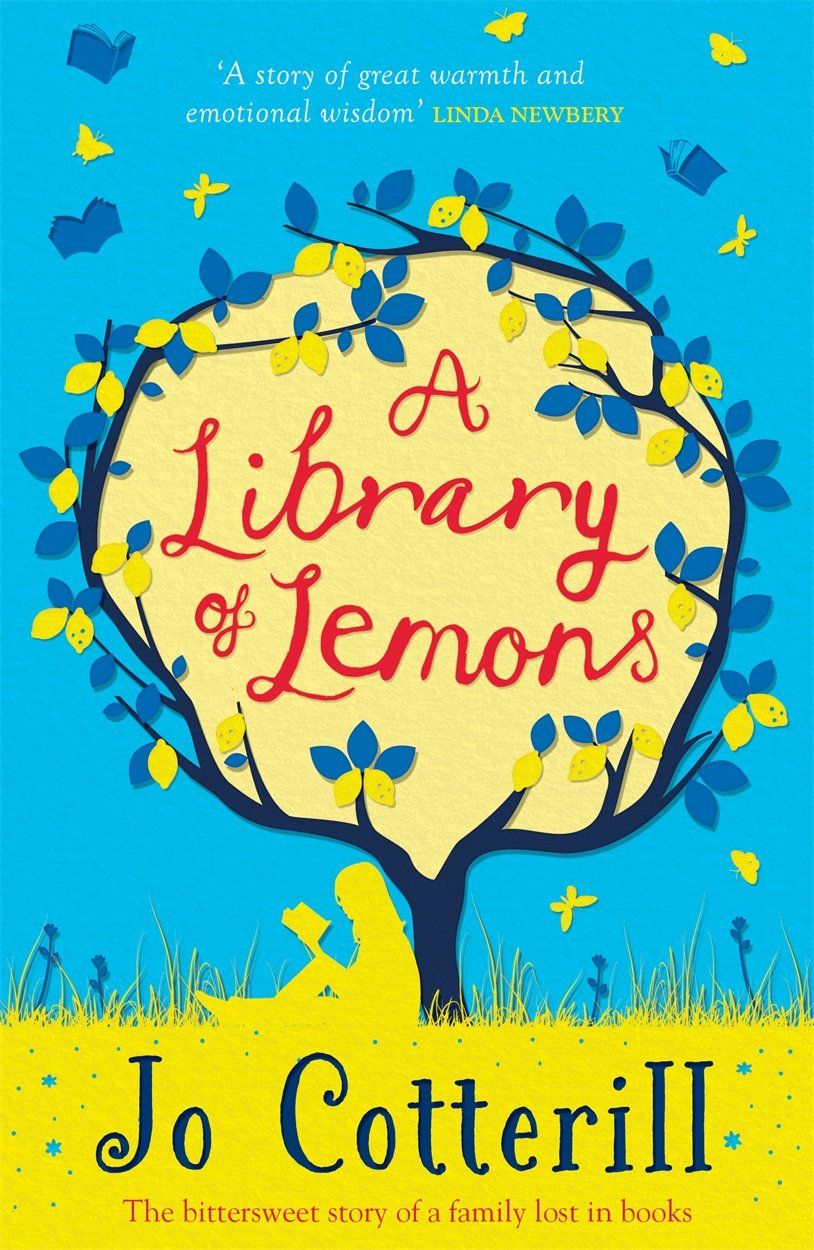
A Library of Lemons by Jo Cotterill
Healing from grief can be a long and difficult process, and fiction can sometimes be the best way to explore it. In this children’s novel, Calypso is dealing with the death of her mother, with little help from her father, who has emotionally shut down in his grief. Calypso begins to heal through her friendship with new girl Mae, but getting to know Mae’s loving family brings Calypso’s own home situation into sharp relief, causing a confrontation that shows Calypso and her father that they need to confront and process their grief.
For more literary support in healing, try our list of Literary Healing Quotes. If you want to get in touch with your emotions and work on your inner sense of self, have a look at the recommendations on our list of 16 of the Best Books on Emotional Intelligence.











